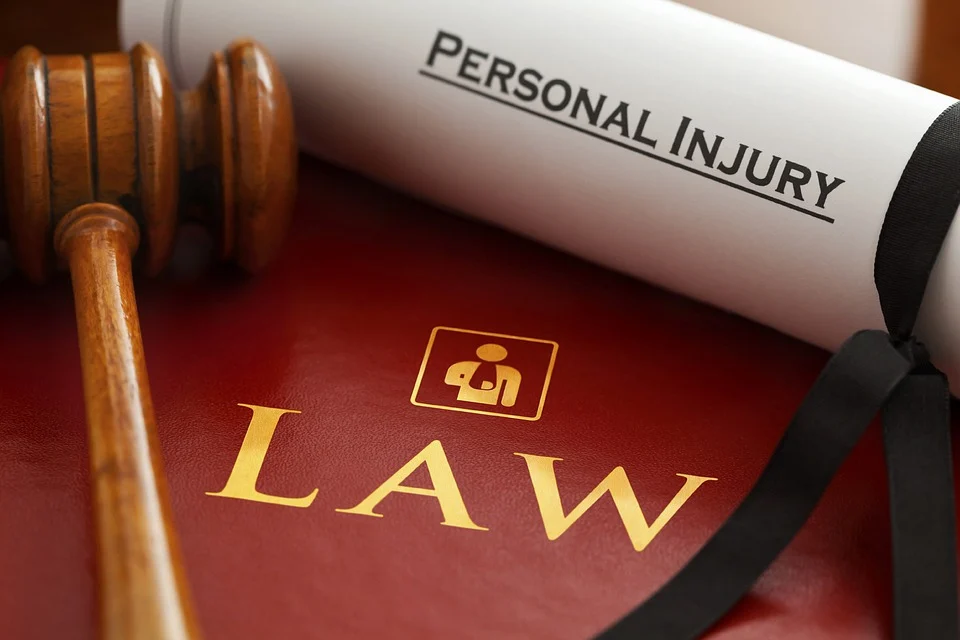When you are injured on someone else’s property, the first question you may have is whether or not the property owner can be held liable for your injuries. The legal concept of premises liability often comes into play in these cases. To determine whether or not premises liability applies, there are a few factors that must be considered.
What Incidents Can Premises Liability Occur?
There are three main types of accidents where premises liability may come into play. They are:
- Slip and fall accidents
- Elevator and escalator accidents
- Drowning accidents
In each of these cases, the property owner may be held liable if they did not take proper precautions to ensure the safety of visitors to their property.
Third-Party Incidents
In some cases, a third party may be held liable for an accident on someone else’s property. For example, if a security guard is supposed to be patrolling a parking lot and fails to do so, leading to a car break-in, the security guard can be held liable for any damages. Or if a shooter enters a building and opens fire, the property owner may be liable if they do not have adequate security measures, which you may need a shooting victim lawyer for.
What Is Premises Liability?
Premises liability is the area of law that covers accidents and injuries that occur on someone else’s property. If you own a business, it’s essential to understand this type of law because you could be held liable if someone is injured on your property.
What Is A Personal Injury Case?
A personal injury case is a civil lawsuit where someone sues another person or entity for damages they sustained in an accident. This can include a car accident or slip and fall on someone’s property.
3 Kinds Of Premises Liability
There are three general categories of premises liability: dangerous conditions, inadequate security, and negligent repair. To recover damages in a premises liability case, the plaintiff must prove that the defendant owed them a duty of care, breached that duty and that the breach was the proximate cause of the plaintiff’s injuries.
Dangerous Conditions
Dangerous conditions are the most common type of premises liability case. To recover damages, the plaintiff must prove that the defendant knew or should have known about the dangerous condition and failed to correct it. In some cases, the plaintiff may also have to prove that the defendant created the hazardous condition.
Inadequate Security
Inadequate security is another type of premises liability case. To recover damages, the plaintiff must prove that the defendant knew or should have known about the security risk and failed to take reasonable steps to protect against it. In some cases, the plaintiff may also have to prove that the defendant’s failure to take appropriate security measures was a proximate cause of the plaintiff’s injuries.
Negligent Repair
Negligent repair is the third type of premises liability case. To recover damages, the plaintiff must prove that the defendant knew or should have known about the need for repairs and failed to make them. In some cases, the plaintiff may also have to prove that the defendant’s failure to make repairs was a proximate cause of the plaintiff’s injuries.
How Can You Protect Yourself From Premises Liability Claims?
You can do a few key things as a business owner to protect yourself from premises liability claims. First, you should have insurance that covers these types of claims. This will help cover the costs of any damages or medical bills that may be incurred due to an accident on your property.
Second, you should regularly inspect your property for any potential hazards. This includes wet floors, loose carpeting, uneven walkways, etc. If you find any potential hazards, be sure to fix them right away to reduce the risk of someone being injured.
Third, you should post clear warning signs around any potential hazards on your property. For example, if there is an area where the floor is always wet, be sure to post a sign that says “Caution: Wet Floor.” This will help alert people to the potential hazard to take necessary precautions to avoid injury.
Finally, you should take the proper security measures in case there is the potential for a third-party incident if an active shooter were to enter the building, you might need a shooting victim lawyer.
Final Thoughts
If you own a business, premises liability law is something that you need to be aware of. This type of law covers accidents and injuries that occur on your property. If someone is injured on your property and you’re found to be at fault, you could be liable for their medical expenses, lost wages, and pain and suffering. To avoid being held responsible in a premises liability case, ensure that your property is safe by regularly inspecting it for hazards and maintaining proper security measures.

